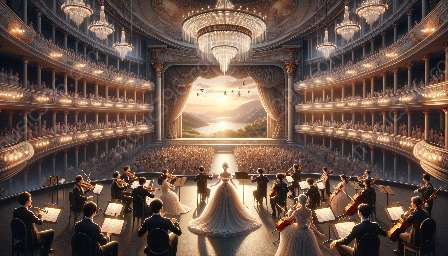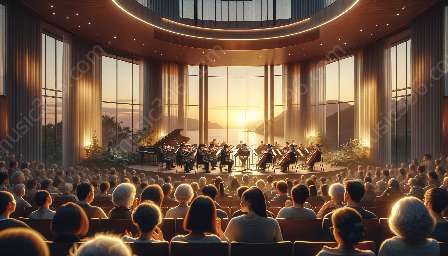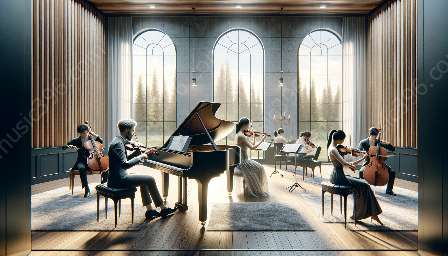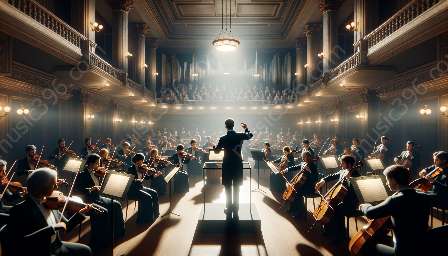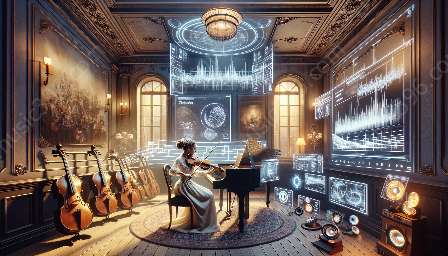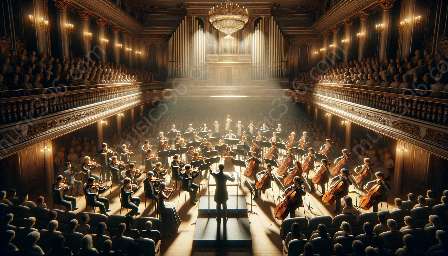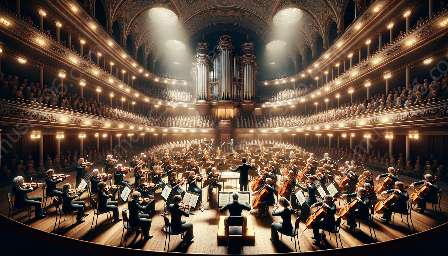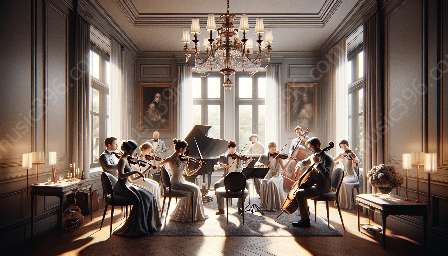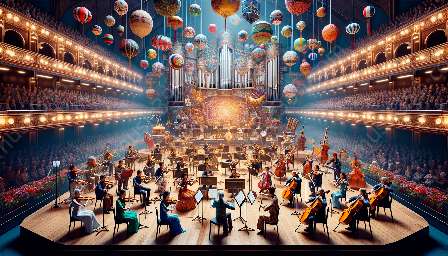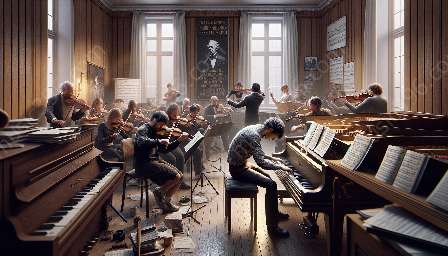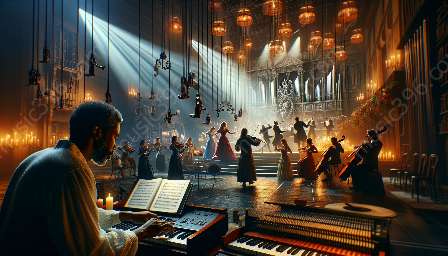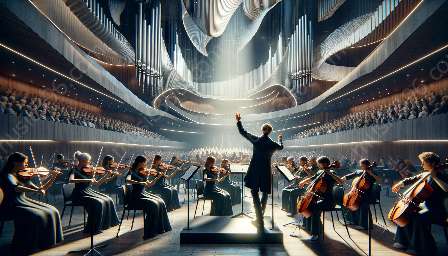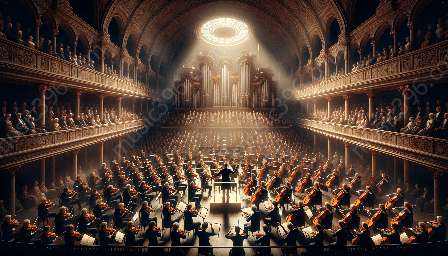Throughout the history of classical music, the contributions of women composers have often been overshadowed. This topic cluster aims to uncover the artistic achievements and impact of women composers on classical music, analyzing their works and exploring their influence on the genre.
The Early Pioneers
In a male-dominated field, women composers faced significant challenges in gaining recognition for their work. Despite this, pioneers such as Hildegard von Bingen in the 12th century and Francesca Caccini in the 17th century made notable contributions to classical music.
Known for her liturgical compositions and literary works, Hildegard von Bingen was one of the earliest female composers whose influence extended beyond music. Meanwhile, Francesca Caccini, an Italian composer, singer, and lutenist, gained acclaim for her vocal compositions and operas.
The Romantic Era and Beyond
As classical music evolved into the Romantic era and beyond, women composers continued to make strides in the industry, albeit often facing institutional barriers.
Clara Schumann, a prominent figure in the Romantic era, was not only celebrated as a virtuoso pianist but also as a composer. Her compositions reflected the emotional depth and technical prowess of the time, contributing to the richness of the classical music repertoire.
Beyond the Romantic era, composers such as Fanny Mendelssohn, sister of Felix Mendelssohn, and Amy Beach, an American composer, continued to challenge societal norms and demonstrate the artistry of women in classical music.
Modern Perspectives
Today, women composers are gaining recognition for their invaluable contributions to the evolution of classical music.
- Contemporary figures like Sofia Gubaidulina, a Russian composer known for her powerful orchestral compositions, and Kaija Saariaho, a Finnish composer renowned for her innovative use of electronic music, have reshaped the landscape of classical music with their bold and experimental works.
- Furthermore, the advocacy for the inclusion of women composers in concert programming and academia is essential in ensuring their lasting impact on classical music.
Analysis of Women Composers' Works
When analyzing the works of women composers, it is essential to consider the context in which they created their music.
By examining elements such as form, harmony, and thematic development, scholars and enthusiasts alike can gain a deeper understanding of the diverse approaches and influences present in the compositions of women composers.

